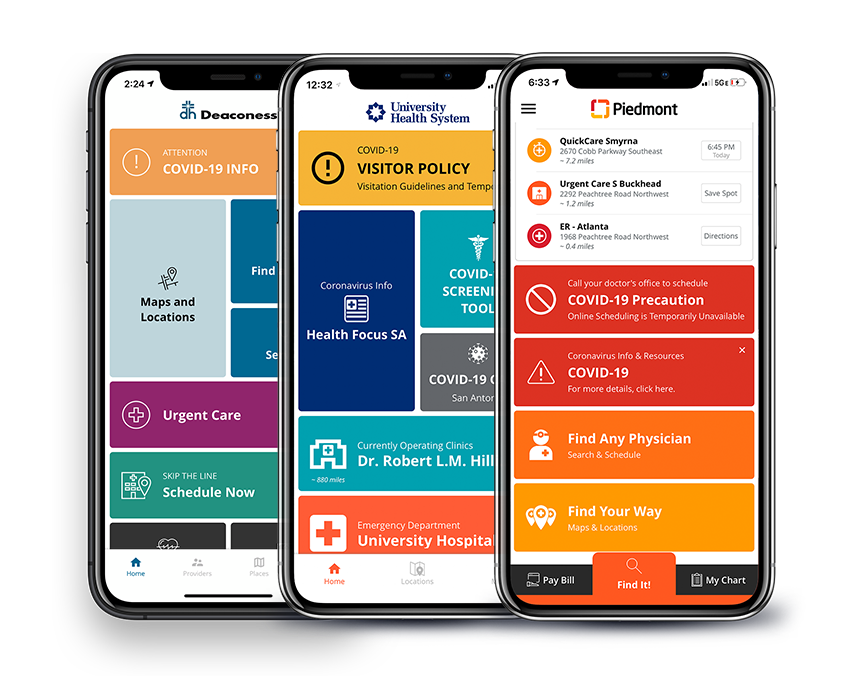What does a good digital wayfinding and indoor positioning solution for healthcare look like? The best healthcare wayfinding requires:
- Quality, accuracy, and scalability
- The right techniques and technology
- A deep understanding of the patient journey and workflows in a healthcare setting
This guide gives you all the details on these aspects of healthcare wayfinding along with a list of key features to look for.

More Resources

WakeMed's Mobile Platform Creates Better Patient Experience
WakeMed Health & Hospitals leader talks about creating "an easy button" for patients with Gozio's mobile platform.

Personalized Experiences in Healthcare: Health IT leaders Weigh in on The Use Cases
Download this report from a recent focus group of healthcare CIOs on personalized experiences on mobile for patients and staff.

Gozio Health Recognized in 2022 KLAS Emerging Solutions Top 20 Report
How can executives identify which solutions can really help solve their biggest problems?

See Gozio in action: